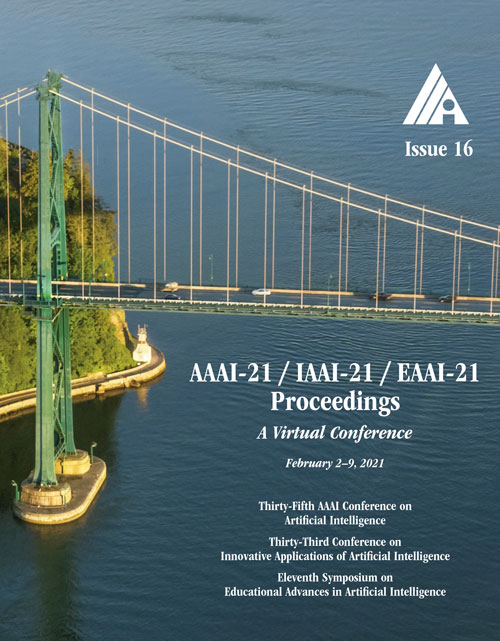Human-Level Interpretable Learning for Aspect-Based Sentiment Analysis
DOI:
https://doi.org/10.1609/aaai.v35i16.17671Keywords:
Interpretaility & Analysis of NLP Models, Applications, Text Classification & Sentiment AnalysisAbstract
This paper proposes human-interpretable learning of aspect-based sentiment analysis (ABSA), employing the recently introduced Tsetlin Machines (TMs). We attain interpretability by converting the intricate position-dependent textual semantics into binary form, mapping all the features into bag-of-words (BOWs). The binary form BOWs are encoded so that the information on the aspect and context words are nearly lossless for sentiment classification. We further adapt the BOWs as input to the TM, enabling learning of aspect-based sentiment patterns in propositional logic. To evaluate interpretability and accuracy, we conducted experiments on two widely used ABSA datasets of SemEval 2014: Restaurant 14 and Laptop 14. The experiments show how each relevant feature takes part in conjunctive clauses that contain the context information for the corresponding aspect word, demonstrating human-level interpretability. At the same time, the obtained accuracy is competitive with existing neural network models, reaching 78.02% on Restaurant 14 and 73.51% on Laptop 14.Downloads
Published
2021-05-18
How to Cite
Yadav, R. K., Jiao, L., Granmo, O.-C., & Goodwin, M. (2021). Human-Level Interpretable Learning for Aspect-Based Sentiment Analysis. Proceedings of the AAAI Conference on Artificial Intelligence, 35(16), 14203-14212. https://doi.org/10.1609/aaai.v35i16.17671
Issue
Section
AAAI Technical Track on Speech and Natural Language Processing III

